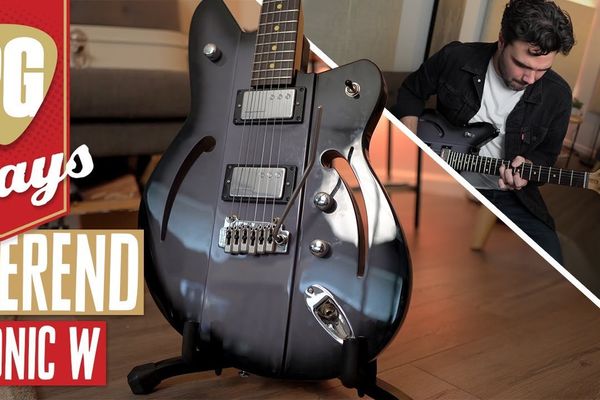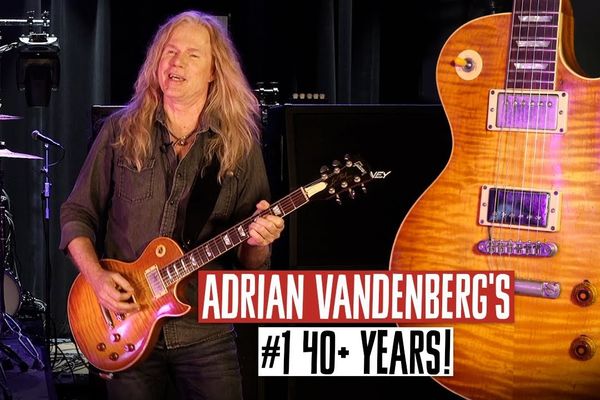What is situational awareness, and how can you use it to help a gig go smoother?
When I was a small child, my dad used to make our TV time a little more challenging. When the show would jump to a commercial, he would ask my brothers and I questions about what we had just watched— questions like “What time was the clock on the wall showing behind the actors?” or “Which hand was he wearing his watch on?” or “What was the number on the mailbox?” No doubt, they were crazy questions to ask children, but the game wasn’t just for fun. My dad was trying to sharpen our attention skills, and increase what is called “Situational Awareness.”
Situational Awareness, or SA, is an interesting concept. In a nutshell, it means being aware of your surroundings, and the cause and effect of your actions in the immediate area. SA is difficult to apply because you have to identify objects and actions around you, and you must then have forethought into how your decisions will affect your goals and intended results. The concept is taught in the military, law enforcement and health professions, but also applies to everyday life. You use it while driving (or at least you should), and in workplace decision making. Now, pretend your workplace is a stage, and you’re a bass player. Oh wait … you are! Then read on.
The most obvious ways to apply SA to what we do are not hard to figure out. In fact, they are more common sense calls than anything else. For example, being too loud, bringing an SVT rig to a jazz brunch gig, losing track of time and being late, etc. These are all things that, with a little bit of situational awareness, could have been changed.
Now, let’s take a look at your last gig. Was there something that happened that could have been avoided if you were more aware of your surroundings? Maybe if you paid attention to the edge of the stage, you wouldn’t have fallen off. Or maybe if you’d realized you were standing between the drummer and the singer, someone else could have seen the cues to end the song. Or maybe you saw the guitar player placing his beer too close to his amp and chose to let it go, and now his rig is in the repair shop. (Okay, he should have known better, but still … you get the picture.) Before we go any further, don’t feel silly if any of this sounds familiar. At some point, I’ve been guilty of all of the above, except for the SVT example (but I have been severely underdressed for a gig), so I feel your pain. It’s all one big learning process.
So let’s go a little deeper into the theory of SA. Let’s say you’ve been with an artist a long time and you know his timing (or lack thereof). If you’re paying attention then you can start to feel the warning signs when he or she is getting off, and you can adjust accordingly. A simple adjustment can make or break the performance, like noticing the drummer isn’t ready to kick off the song and holding off the singer for a second. Or maybe you see the lighting truss shaking a little too much and bring it to someone’s attention. You won’t get a raise or a medal for any of this, but “saving the day” is its own reward. I’d like to think that for as many train wrecks as I’ve witnessed, there have been just as many that I’ve averted, too.
You’ve heard the expression, “Walking around with blinders on,” right? Some shows, we are doing just that. You get bored, antsy or you may be more worried about getting home than playing. It’s understandable, but no excuse to shut down all of your senses. It’s almost (but not nearly) as serious as combat fatigue. You lose your edge. Not being on top of your game leads to lackluster performances, and it shows—not only to your band mates, but also to the audience.
Aside from all of the physical aspects of a live show, there is awareness in the music. I don’t want to limit my theory to one genre, but I think jazz players are some of the most aware players out there. You have several players taking solos during the course of the song, and as the bass player we need to compliment each one. Dynamics, note choice and feel all dictate where the song is going to go, and we need to be aware of all of these while playing—in any style of music.
If no one taught you SA when you were little, that’s okay. The beauty is that it’s never too late to learn. Start trying to notice little things in everyday life. Then take it to the stage. Notice how people are reacting to certain songs in your show. I am asked time and time again how to be successful in this business. Though I don’t have one definitive answer, I’ve found that being aware of surroundings, whether it be on stage or off, has had a profound impact on the decisions I’ve made. Being a little more astute has pushed my brain into places that it wouldn’t have normally gone, so for that I thank hours of TV, and of course, my dad.
Steve Cook
Steve has performed and recorded with a diverse range of artists, from Edwin McCain to Randy Brecker to Course of Nature. Steve is also an alumnus of Woodstock ‘99, performing with his band King Konga. His current projects include extensive touring and video production with Bucky Covington (Lyric Street) and writing a popular weekly tour journal on his website: shinybass.com.

